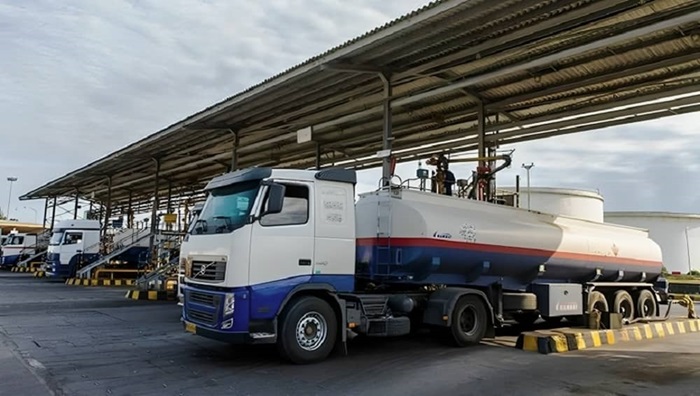
Afghanistan’s Standards Department has announced the rejection of gasoline shipments from Iran, citing insufficient quality standards. This decision has led to the return of 22 tankers of gasoline to their origin.
Since the Taliban assumed control in Afghanistan, the flow of Iranian gasoline exports to the country has surged. However, concerns over the quality of Iranian gasoline have prompted the Taliban to view it as a contributor to air pollution, prompting their refusal to accept it.
On December 4, 2023, the head of the regime’s Union of Oil, Gas, and Petrochemical Exporters claimed that the current quality standards of oil production and exports, including to Afghanistan, meet international benchmarks and have technical significance.
Previously, officials in Taliban-controlled Nimroz Province, Afghanistan, had halted the entry of 500,000 liters of low-quality gasoline in August 2022.
According to a report by Afghan Tolo on August 4, 2023, the Afghanistan National Standards Authority (ANSA) stated that over 200 tankers carrying low-quality fuel were refused entry into Afghanistan. Ashoqullah Waziri, a spokesman for ANSA, disclosed that at least 17 tankers were barred from entering Afghanistan.
Despite assertions from Iranian authorities regarding the adherence to international standards such as Euro 4 and 5, doubts persist over the acceptability of Iranian gasoline, even among Taliban authorities, prompting them to seek higher-quality alternatives from other countries.
#Iran: Using Fuel Oil (Mazut) in #IRGC and Khamenei-Affiliated Foundations, Power Plants and Heavy Industries, Main Cause of Air Pollution in Metropolitan Cities#WeStand4FreeIran #HumanRightshttps://t.co/Ifv7w0xTqJ pic.twitter.com/NQ7Kvti6HZ
— NCRI-FAC (@iran_policy) January 4, 2021
This sentiment was echoed by Hamid Hosseini, head of the Union of Oil Product Exporters, who criticized the quality of Iranian gasoline. He emphasized that when even the Taliban prioritizes improving the quality of imported goods, it signals a widespread demand for higher standards.
The rejection of Iranian gasoline by both Iraq and Afghanistan coincides with reports indicating a daily consumption of nearly 120 million liters of gasoline in Iran, with analysts attributing the quality of domestically produced gasoline as a significant factor in the country’s air pollution crisis.

MEK Iran (follow us on Twitter and Facebook), Maryam Rajavi’s on her site, Twitter & Facebook, NCRI (Twitter & Facebook), and People’s Mojahedin Organization of Iran – MEK IRAN – YouTu
